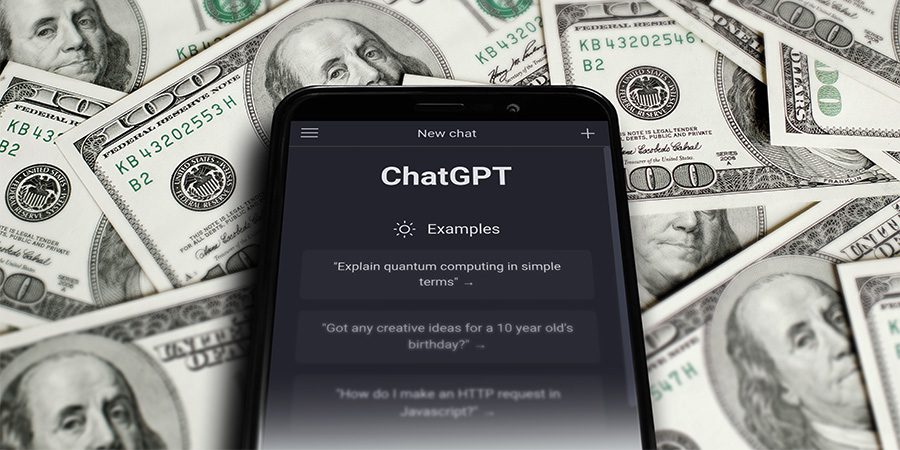In this article, we’ll explore the crucial yet often overlooked role of contract workers who are responsible for training AI systems, such as ChatGPT, to analyze data and generate text and images.
Their work is essential for the development of AI, yet their compensation starts at just $15 an hour, without any benefits.
Key Takeaways:
- AI contract workers play a vital role in training AI models and improving their accuracy and effectiveness.
- Despite their significant contributions, these contractors often remain unnoticed and overshadowed by the allure of technological advancements.
- The tech industry has historically relied on lower-skilled and lower-paid workers to build its empires.
- The emerging AI industry is following a similar pattern, with contract workers engaged on an unsteady, on-demand basis, often without benefits.
- As demand for AI contract work continues to rise, some workers are advocating for better conditions and fair compensation.
The Crucial Role of AI Contract Workers
Behind the scenes of the booming AI industry, contract workers play an essential role.
They are responsible for training AI models to analyze data, generating text and images that have left users amazed by cutting-edge products like ChatGPT.
These workers, including individuals like Alexej Savreux, engage in tasks such as labelling photos and making predictions for text generation.
Their contributions are critical to enhancing AI accuracy and effectiveness.
Despite the importance of their work, the efforts of these contract workers often go unnoticed, overshadowed by the magic of technological advancements in the AI field.
A History of Dependency on Lower-Skilled and Lower-Paid Workers
The tech industry has long relied on the labor of thousands of lower-skilled and lower-paid workers to build its empires.
From punch-card operators in the past to modern-day Google contractors who have voiced concerns about their treatment as second-class employees, the industry’s dependency on contract workers is nothing new.
The rise of online gig work platforms like Amazon Mechanical Turk further solidified this trend, especially during the pandemic.
The emerging AI industry seems to be following a similar pattern, adopting an unsteady, on-demand nature of work that heavily relies on contract workers.
The Unsteady Nature of AI Contract Work
Contract workers in the AI industry are engaged through written contracts, either directly by companies or via specialized third-party vendors focusing on temporary work or outsourcing.
Health insurance and benefits are often absent, reducing costs for tech companies.
Additionally, the work is typically anonymous, with tech startup executives and researchers receiving the credit for the advancements made in AI.
The seemingly magic of AI can overshadow the labor-intensive, on-demand nature of contract work that makes it possible.
The Call for Fair Compensation and Improved Practices
As the demand for AI contract work continues to rise, some workers are advocating for better conditions.
In Nairobi, Kenya, more than 150 individuals who have worked on AI for companies like Facebook, TikTok, and ChatGPT voted to form a union, citing low pay and the mental toll of the work.
The Partnership on AI warned of an upcoming surge in demand for “data enrichment work” and recommended fair compensation and improved practices.
However, only DeepMind, an AI subsidiary of Google, publicly committed to adhering to these guidelines.
Sonam Jindal, the program lead for AI, labor, and the economy at the Partnership on AI, emphasizes the importance of recognizing and respecting the contributions of contract workers.
She suggests that this relatively new job created by AI has the potential to become a high-quality occupation, where workers are valued for their contributions.
The Potential for High-Quality AI Jobs
With the rapid growth of the AI industry, there is an opportunity to create high-quality jobs for AI contract workers.
By recognizing and valuing their contributions, it is possible to ensure that these workers receive the compensation and benefits they deserve.
This approach would not only improve the lives of the workers themselves but also contribute to a sustainable and equitable AI job market.
As the industry continues to evolve, it is essential to prioritize the well-being and rights of the individuals responsible for the development and success of AI systems.
Conclusion
AI contract workers are the unsung heroes of the artificial intelligence industry, playing a critical role in the development and success of AI systems like ChatGPT.
It is essential to recognize and value their contributions, ensuring fair compensation and improved working conditions.
By acknowledging their efforts and prioritizing their well-being, we can create a sustainable and equitable AI job market, transforming this on-demand occupation into a high-quality profession.
As the AI industry continues to grow, let’s not forget the human element behind the magic of technology and strive to build a more inclusive and fair future for all involved.
 Sections of this topic
Sections of this topic
















